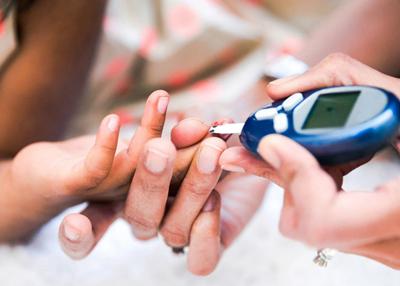National Quality in Care award for online diabetes MOOC

A team from the University of Southampton's Faculty of Medicine has won a UK national Quality in Care (QiC) Diabetes Award for 2020 fr their Diabetes Education Programme for Healthcare Professionals.
The team behind the nomination ‘Insulin Education for All: A Pop Up Online Resource’ won the award speficially in recogntion of the success of the free online course ‘Understanding Insulin’ developed to benefit insulin users worldwide.
The Faculty of Medicine Team - Nicola Englyst, Mayank Patel, Sunhea Choi, Haysum Asif and Nicholas Martin - have been ably supported in the development and running of the MOOC (Massive Open Online Course) by a wider team of colleagues across the Faculty and University including the Digital Learning Team, as well as their medical students who have been facilitators, supporting their learners.
Mayank Patel, though an Honorary Senior Lecturer at the University, is primarily an NHS diabetes clinician working at University Hospital Southampton Foundation Trust, was able to provide real world inspired clinical content to the team in developing the MOOC.
“We’re delighted to win this award as there is a real need to improve insulin knowledge among healthcare professionals (HCPs), people with diabetes and their carers,” said Dr Nicola Englyst, Director of Postgraduate Taught Programmes in the Faculty of Medicine, Programme Leader for MSc Diabetes Best Practice and Lead for the Mentoring Scheme in the Faculty.
“Insulin-related errors are common both in the UK and internationally, increasing the risk of adverse complications and poor health outcomes,” Dr Englyst continued. “In the National Diabetes Audit, 49% of patients on insulin had experienced an insulin-related error. Many HCPs across the healthcare professions are not competent with using and managing insulin. There are also gaps in insulin knowledge for people with diabetes and their carers which our programme addresses.”
The competition’s judges were impressed by the initiative which they described as a “truly innovative approach that bridges a gap in insulin education and can be widely disseminated across the NHS. The fact that this is a free resource that can be used internationally demonstrates the far-reaching effect of this entry. Not only was it innovative, this entry was cost-effective, sustainable and flexible."